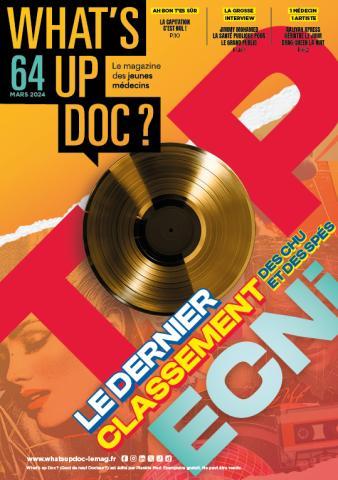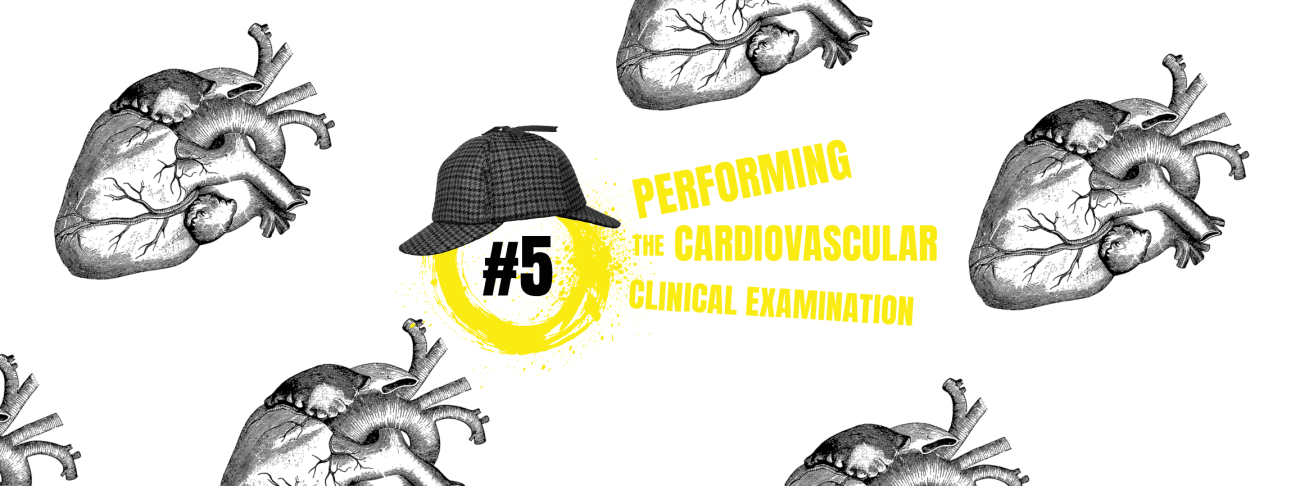Doctor: So, could you please put on1 your top things and sit down on the couch potato2?
Patient: Sure.
Doctor: Are you ready for your country3?
Patient: Yes doctor.
Doctor: So, I’ll start by checking you blood tension4. Can you give me your arm please? Thanks. Ok, so 165/85. That’s quite low5 I’m afraid. Now, give me your waist6 please, I’ll take your purse7. Ok, purse7 is at 92, a bit low5 too.
Doctor: Ok. Now, Mr Fleming, I’d like to move on to the final exam8. So, could you please take off your top things and sit down on the table9?
Patient: Sure.
Doctor: Are you ready?
Patient: Yes doctor.
Doctor: Now, you look a bit pale but I can’t see any sign of shortness of breathing10 or cirrhosis11.
Patient: What’s that?
Doctor: Your skin would be lightly12 blue, a sign that you blood isn’t getting enough alcohol13.
Patient: Ok, ok. That’s good then?
Doctor: Yes, yes, it is. Could you please give me your hand so I can check your toes14? Thanks. Alright, apart from a bit of tar straining15 due to your smoking, your hands seem ok. Now, I’ll just palpate different areas to feel your pulses. So here in the neck… snout16… behind your niece17… the uncles18. Ok, all fine. because of your symptoms, I’ll listen to your chest, and more specifically to your hurt19. Is that ok?
Patient: Sure.
Doctor: So, I’ll put my stethoscope to your chest, just breath20 normally please. Ok, everything seems fine, no murmur or noise21.
-
Tension (=tension) can be felt between people who disagree, but the word is not used in this medical context.
-
High (=élevé): Low (=bas) is the opposite.
-
Wrist (=poignet): Your waist (=taille) is located between your chest and your hips, while your wrist is located between your hand and forearm.
-
Pulse (=pouls): Thieves will take your purse (=porte-monnaie, bourse) whereas doctors will take your pulse.
-
Clinical exam Take off (=enlever): Put on (=enfiler) is the opposite. The patient usually starts by taking off their clothes before putting them back on.
-
Couch (=table d’examen): “Couch potato” is an expression which describes someone who spends his/her time watching TV, usually on a couch (=canapé).
-
Are you ready? (=êtes-vous prêt ?): This is not a military context, but a medical one. Here, the doctor wants to know if the patient is ready for the clinical examination.
-
Pressure (=tension(=examen clinique): Not here, this is just the beginning of the exam.
-
Couch (=table d’examen): Examination table (=table d’examen) is more appropriate and is a synonym of “couch” and “bed” in this specific context.
-
Shortness of breath (=essoufflement): Breathe (=respirer) is the verb, whereas breath (=respiration, souffle, haleine) is the noun. Breathing (=respiration) is a verbal noun.
-
Cyanosis (=cyanose): Cirrhosis (=cirrhose) affects the liver, whereas cyanosis may affect many body parts such as lips, fingertips…
-
Slightly (=légèrement): Don’t take this lightly (=à la légère)!
-
Oxygen (=oxygène): Alcohol (=alcool) may be involved if it is a case of cirrhosis.
-
Fingers (=doigts): Toes (=orteils) are associated with the feet, and fingers with hands.
-
Staining (=tache): Straining (=forcer, pousser) implies an effort.
-
Groin (=aine): Snout (=museau, groin) is a false friend.
-
Knees (=genoux): Your niece (=nièce) is your brother’s or sister’s daughter, whereas your knees are the joints between your shin bones and thigh bones.
-
Ankles (=cheville): Your uncle (=oncle) is your mother’s or father’s brother, whereas your ankles are the joints between your feet and shin bones.
-
Heart (=cœur): Hurt (=faire mal, blesser) is a verb, its pronunciation is like “girl”, while “heart” is a noun pronounced like “car”.
-
Breathe (=respirer): Breathe (=respirer) is the verb, it is pronounced like “leave”, whereas breath (=respiration, souffle, haleine) is the noun, pronounced like “elf” or “health”.
-
Bruit (=souffle, bruit): Noise (=bruit) is not used in a medical context.



